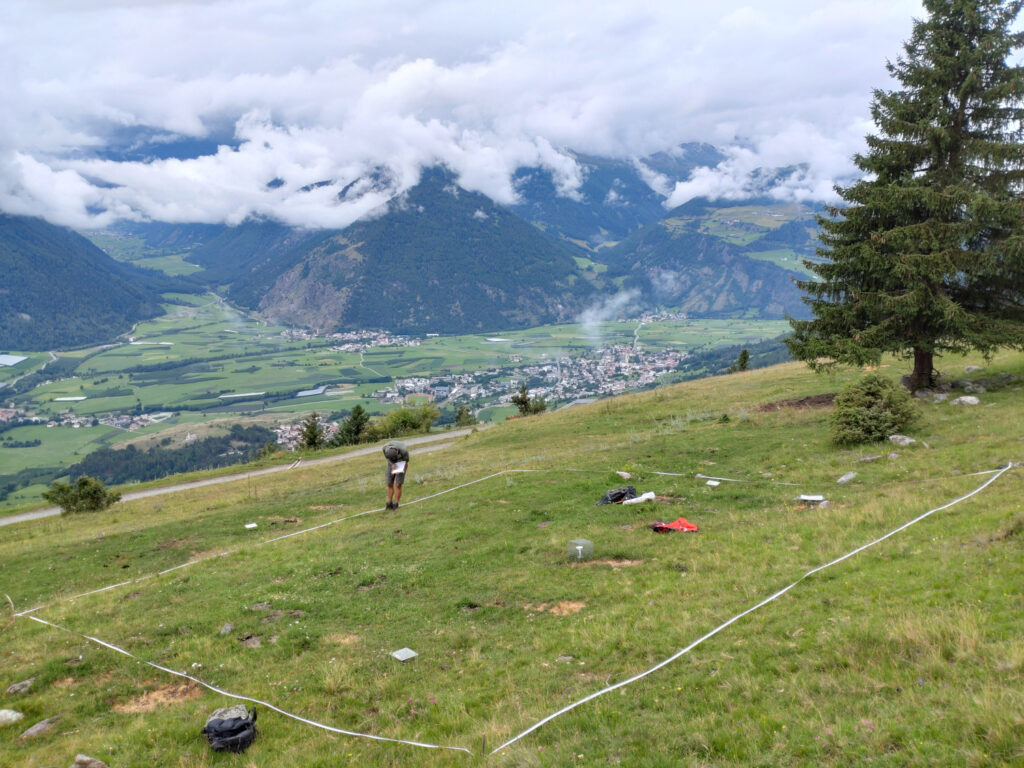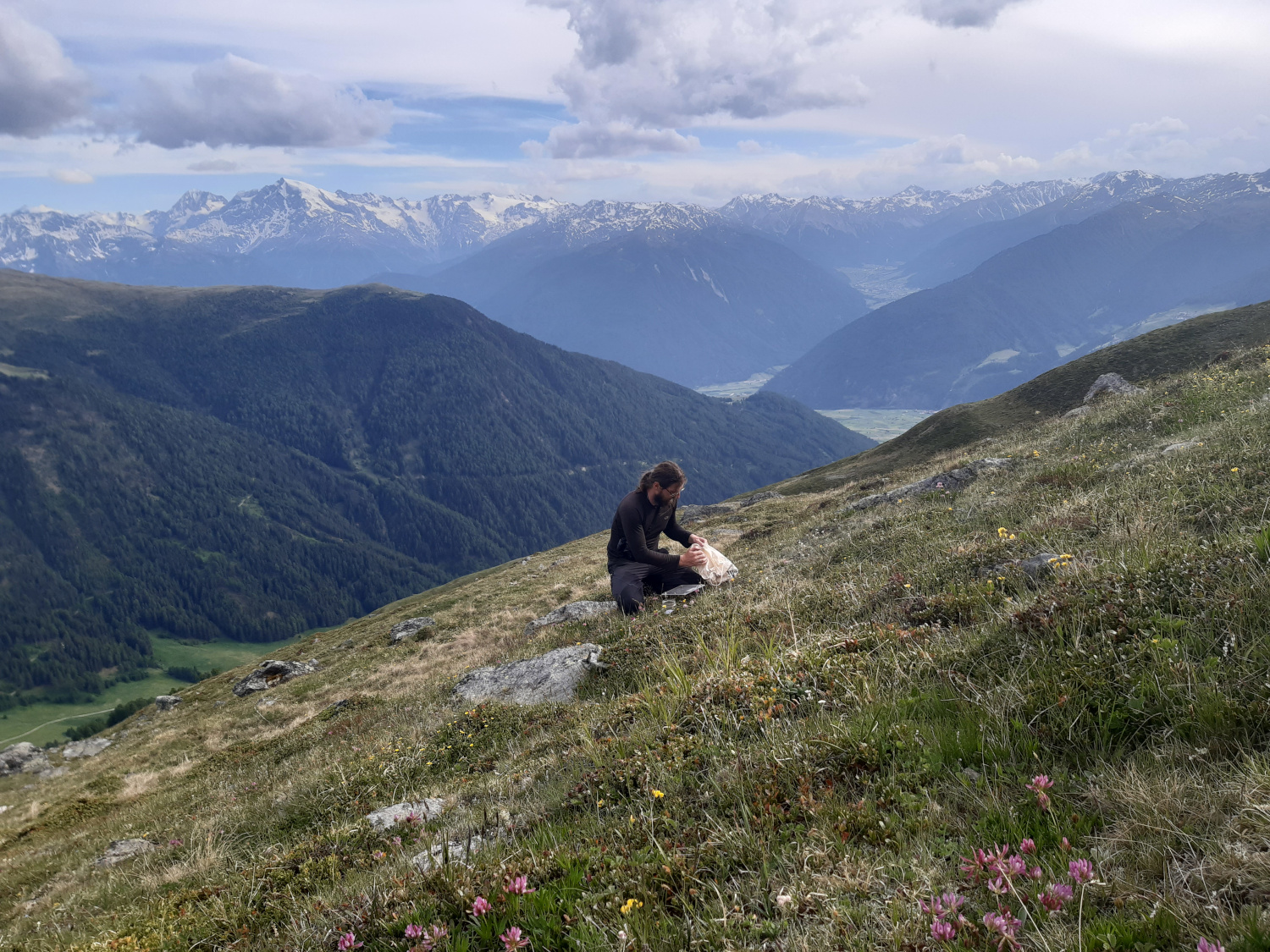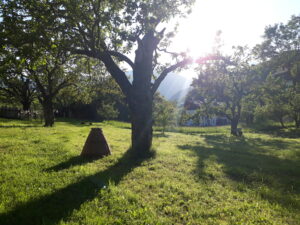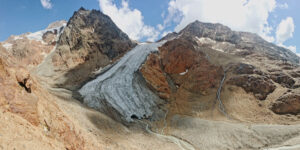Project Description and Objectives: In mountainous areas, temperatures and precipitation amounts can change dramatically within a few kilometers. Similar large differences are usually found in lowlands over distances of thousands of kilometers. For this reason, mountain ecosystems are ideal for exploring global patterns. They are therefore a perfect open-air laboratory, whether for studying ecological adaptations to altitude or for modeling the consequences of climate change.
High alpine areas offer extremely difficult conditions for animals and plants. A short growing season, very thin soil layers and climatic extremes clearly limit life here. This is especially true for animals living on or in the soil (e.g. spiders, beetles, earthworms, millipedes), which have to stay in these places all year round.
The high mountains have long been the subject of intensive research. However, systematic studies of animal groups that require extensive research are still scarce. The HiGRAD project aims to close this gap. For this purpose, several high-altitude transects will be sampled over a longer period of time in the Upper Vinschgau. This will help to find out how the barren soils at 3000 m a.s.l. differ from those at lower altitudes.
Methods: A total of three elevation gradients are compared using transects in the southern Ötztal Alps (Planeil and LTSER area Matsch). At all three transects, a study plot was established at elevations of 1500, 2000, 2500 and 3000 m asl. While the lower plots were placed in pasture grasslands, the upper ones were positioned in natural alpine grasslands. In each of these areas ground traps were installed to collect the surface-dwelling fauna. The lower-lying plots were sampled a total of three times (i.e., in May, July, and September), and the higher-lying plots were sampled twice (i.e., in June and August). We also installed TOMST soil temperature loggers, analyzed chemical and physical soil properties, determined plant communities, and collected samples to study the soil microbiome. The soil temperature data will also be fed into the global #SoilTemp database.
Partner: The project is carried out by Michael Steinwandter of the institute’s internal soil working group AlpSoil (#AlpSoil_Lab), in collaboration with Biodiversity Monitoring South Tyrol.
Contact: Contact person for further information is Michael Steinwandter (michael.steinwandter@eurac.edu)

Pitfall traps at 2950 m above Obertels (Tanas) in August © Michael Steinwandter 
Andreas doing the botanical survey at 1500 m in Matsch © Michael Steinwandter



